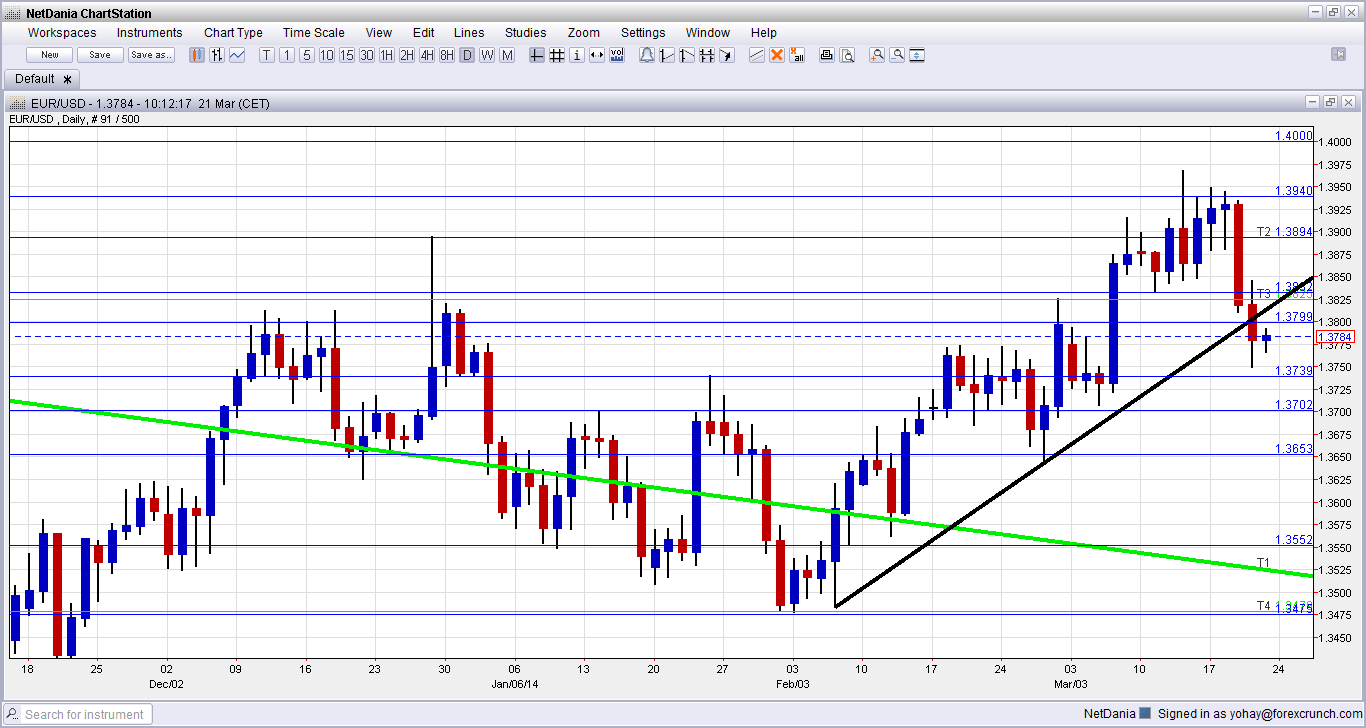Introduction: The world of finance is a complex and interconnected tapestry, where the value of investments can fluctuate based on a myriad of factors. Two significant forces that can significantly influence stock prices are foreign exchange (forex) rates and interest rates. In this comprehensive guide, we will delve into the realm of forex-sensitive and interest rate-sensitive stocks in India, exploring their intricacies and empowering investors with valuable insights.

Image: www.civilsdaily.com
Understanding Forex-Sensitive Stocks
Forex-sensitive stocks are those whose value is directly or indirectly affected by changes in currency exchange rates. Companies that engage in international trade, import raw materials, or generate revenue in foreign currencies fall under this category. Appreciation of the Indian Rupee against foreign currencies can positively impact these stocks, while depreciation can lead to a decline in their value.
Examples of prominent forex-sensitive stocks in India include:
- Reliance Industries: India’s largest private sector company with extensive international operations
- Infosys: A leading global IT services provider with significant revenue from overseas clients
- Tata Motors: A major automobile manufacturer with a presence in multiple international markets
Analyzing Interest Rate-Sensitive Stocks
Interest rate-sensitive stocks are those whose value is influenced by changes in prevailing interest rates. Companies that rely heavily on debt or have significant fixed-income assets tend to be more sensitive to interest rate fluctuations. Higher interest rates can increase borrowing costs, affecting profit margins and, consequently, stock prices.
Examples of well-known interest rate-sensitive stocks in India include:
- Banking Stocks: State Bank of India, HDFC Bank, ICICI Bank
- Real Estate Companies: DLF, Godrej Properties, Lodha Developers
- Infrastructure Firms: GMR Infrastructure, Larsen & Toubro, Reliance Infrastructure
Interplay of Forex and Interest Rates
The relationship between forex and interest rates is often intertwined. Central banks use interest rates to manage inflation and economic growth. A change in interest rates can influence the flow of foreign capital into and out of a country, thereby affecting the value of its currency.
For instance, if the Reserve Bank of India (RBI) raises interest rates, it can attract foreign investors seeking higher returns on their investments. This increased demand for Indian Rupees can lead to an appreciation of the currency, positively impacting forex-sensitive stocks.

Image: ymevirumo.web.fc2.com
Impact on Investment Decisions
Understanding the forex and interest rate sensitivities of stocks is crucial for making informed investment decisions. Investors should consider the following factors:
- Currency exposure: Assessing the company’s level of international trade and revenue sources in foreign currencies
- Debt levels: Evaluating the company’s reliance on debt and the potential impact of interest rate changes on its财务成本
- Industry Dynamics: Considering the industry’s vulnerability to forex and interest rate fluctuations
Risk Management Strategies
Investors can employ various strategies to mitigate risks associated with forex-sensitive and interest rate-sensitive stocks:
- Diversification: Allocating investments across companies with varying levels of forex and interest rate exposure
- Hedging: Using financial instruments such as currency options or interest rate swaps to offset fluctuations
- Strategic Asset Allocation: Adjusting investment portfolios based on expectations for currency and interest rate movements
Forex Sensitive Interest Rate Sensitive Stocks India
Conclusion
Navigating the complexities of forex-sensitive and interest rate-sensitive stocks requires a thorough understanding of their underlying drivers and potential impact on investment returns. By considering these factors and implementing effective risk management strategies, investors can harness the opportunities and mitigate the risks associated with these dynamic markets. Whether you are a seasoned investor or just starting out, this comprehensive guide has equipped you with valuable insights to make well-informed decisions and achieve your financial goals.






